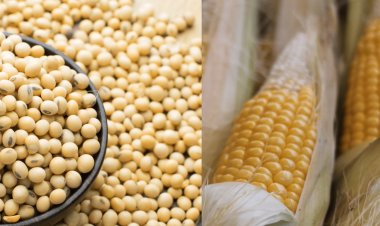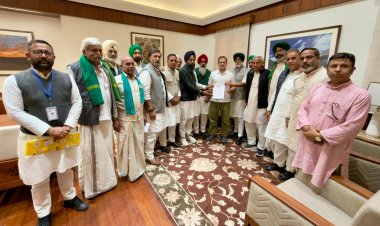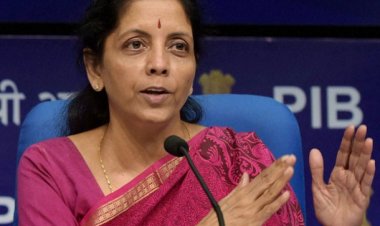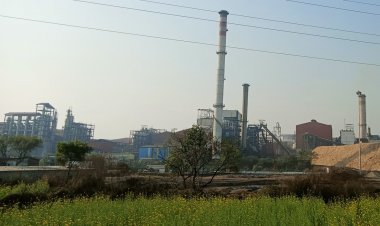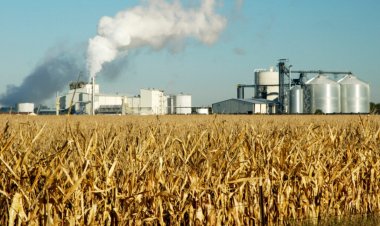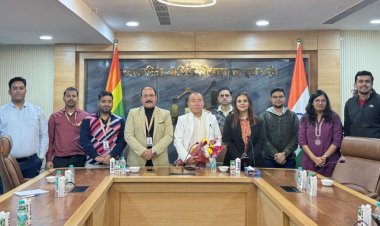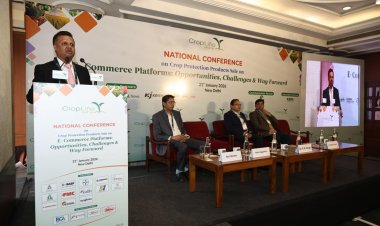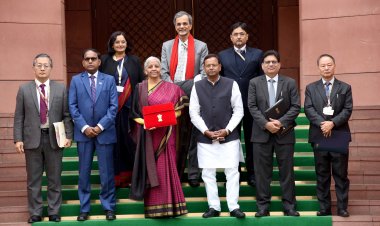Climate change threatens Indian agriculture, ICAR identifying vulnerable districts
ICAR assessed the risk and vulnerability of 573 out of 651 predominantly agricultural districts as per Intergovernmental Panel on Climate Change (IPCC) protocols. A total of 109 districts are categorized as ‘very highly’ and 201 districts as ‘highly’ vulnerable.
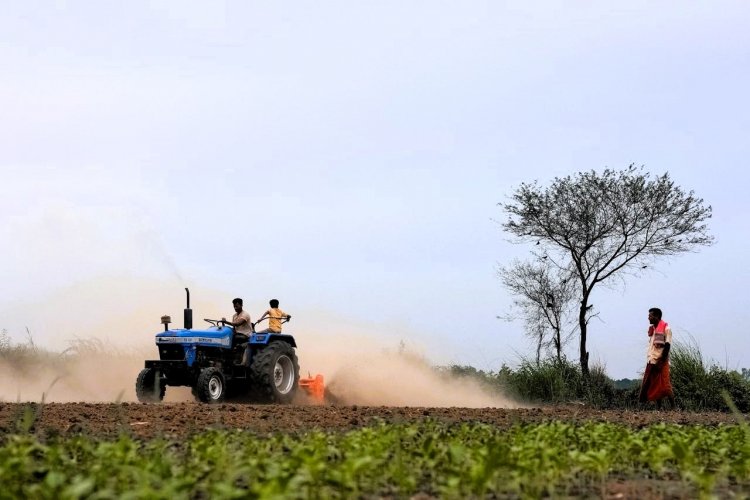
Climate Change Threatens India's Agriculture; ICAR Identifies Vulnerable Districts
The Indian Council of Agricultural Research (ICAR) has conducted a comprehensive assessment of the impact of climate change on agriculture, revealing significant vulnerabilities across the country. The findings were shared by Union Minister for Agriculture & Farmers’ Welfare, Shri Shivraj Singh Chouhan, in a written reply in the Rajya Sabha.
The National Innovations on Climate Resilient Agriculture (NICRA), a network project of ICAR, assessed the risk and vulnerability of 573 out of 651 predominantly agricultural districts as per Intergovernmental Panel on Climate Change (IPCC) protocols. A total of 109 districts are categorized as ‘very highly’ and 201 districts as ‘highly’ vulnerable to climate change.
Projected Impact on Crop Yields
Integrated computer simulation modelling studies revealed that, in the absence of adaptation measures, climate change projections are likely to reduce rainfed rice yields by 20% in 2050 and 47% in 2080 scenarios, while irrigated rice yields may decrease by 3.5% in 2050 and 5% in 2080. Wheat yields are projected to drop by 19.3% in 2050 and 40% in 2080, and kharif maize yields by 18 to 23% in 2050 and 2080 scenarios, respectively. Soybean yields are expected to increase by 3-10% in 2030 and 14% in 2080.
Climate-Resilient Technologies and Innovations
Adaptation measures have been implemented to mitigate the impact of climate change on agriculture in 448 villages across 151 climatically vulnerable districts, where climate-resilient technologies have been demonstrated. Over the past decade (2014-2024), ICAR has released 2,593 crop varieties, with 2,177 showing tolerance to various stresses. The concept of "Climate Resilient Villages" (CRVs) has been introduced under NICRA, and location-specific climate-resilient technologies have been demonstrated in 448 CRVs for adoption by farmers.
Initiatives to Support Farmers
To support farmers in adopting climate-resilient agricultural practices, the government is implementing the National Mission for Sustainable Agriculture (NMSA). The NMSA is one of the missions under the National Action Plan on Climate Change (NAPCC) and supports sustainable agricultural production in the country through various schemes. Initially, NMSA was approved for three major components: Rainfed Area Development (RAD), On-Farm Water Management (OFWM), and Soil Health Management (SHM). Subsequently, new programs such as Soil Health Card (SHC), Paramparagat Krishi Vikas Yojana (PKVY), Mission Organic Value Chain Development in the North Eastern Region (MOVCDNER), Per Drop More Crop, and the National Bamboo Mission (NBM) were also included.



 Join the RuralVoice whatsapp group
Join the RuralVoice whatsapp group

















